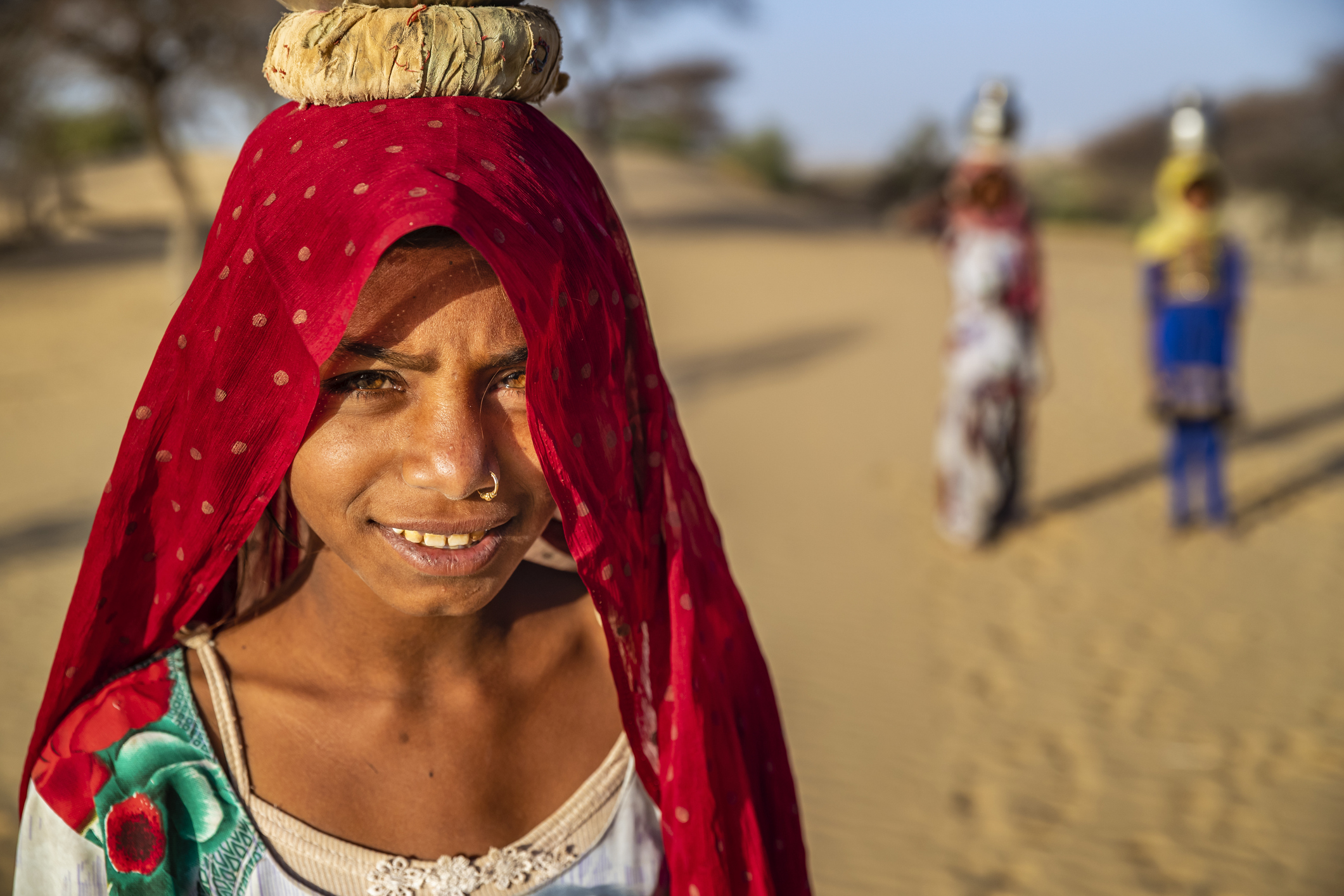
Women in Africa and worldwide play a key role in agriculture, household food security, and climate adaptation, but they face significant barriers to accessing adaptation resources and are largely excluded from decision-making processes. The barriers women face include the absence of adequate gender consideration in funder and public policies, program design, and technology selection, as well as restrictive sociocultural perceptions, norms, and structures, including the gendered division of labor. Locally led, gender-equitable adaptation must confront these barriers, deliberately ensuring decision-making power for women and women-led partner organizations throughout the design and implementation of adaptation measures.